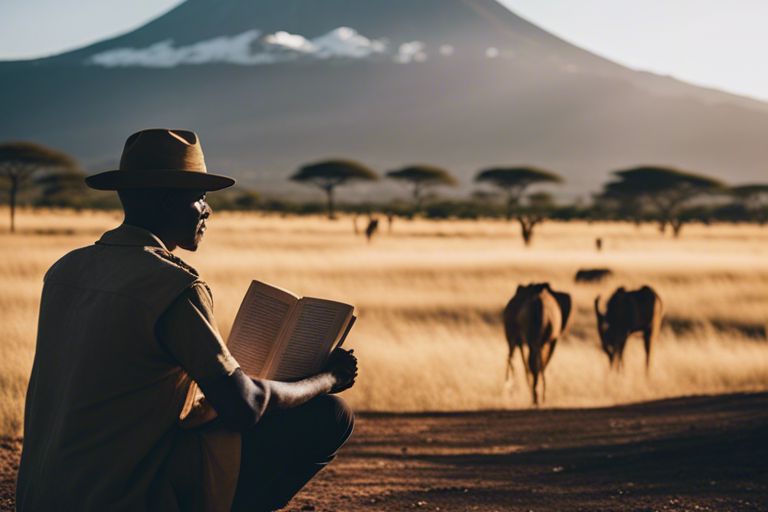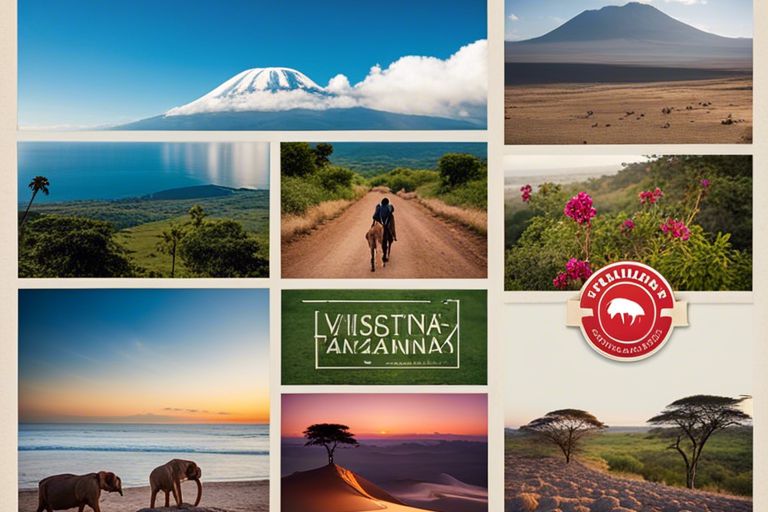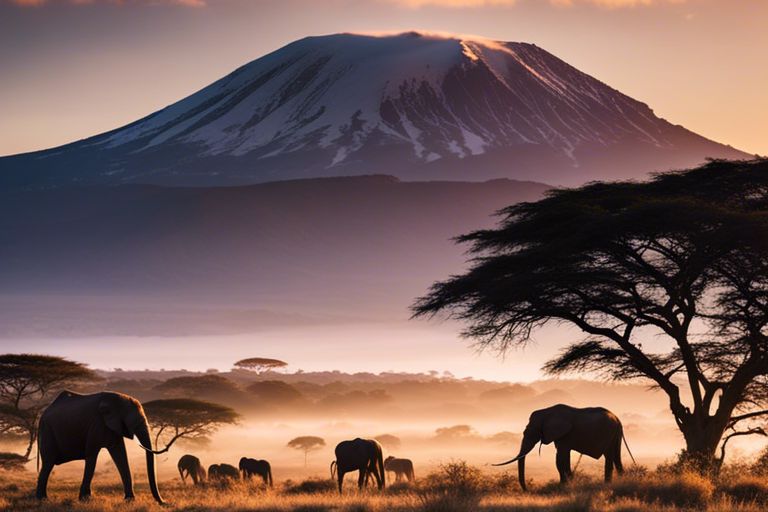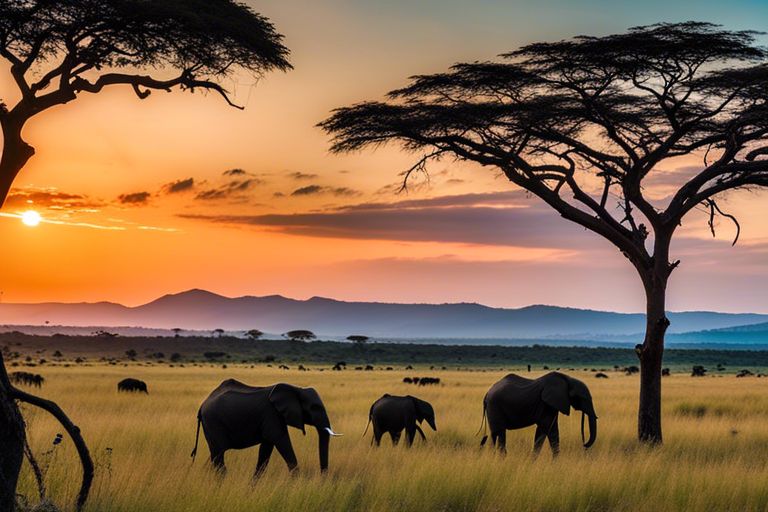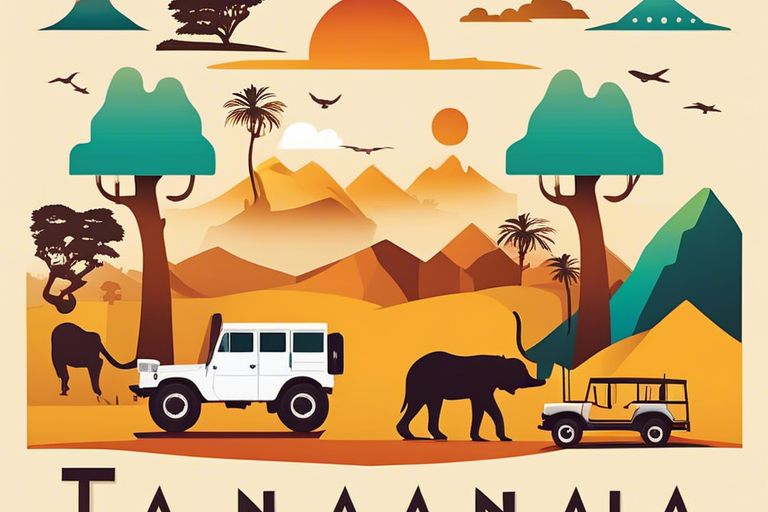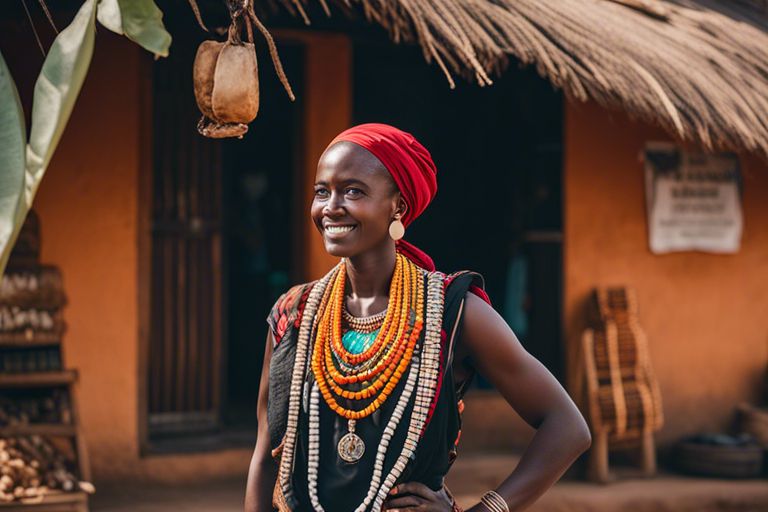Learning Swahili – Essential Phrases for Your Tanzanian Adventure
Adventure awaits as you initiate on your Tanzanian journey, but do you speak Swahili? Fear not, intrepid traveler! In this guide, we will equip you with the imperative phrases to navigate through bustling markets, chat with friendly locals, and immerse yourself in the vibrant culture of Tanzania. So, pack your bags and get ready to impress with your newfound Swahili skills!
Getting Started with Swahili
The Basics: Alphabet and Pronunciation
Getting started with Swahili can seem daunting, but don’t worry, it’s easier than you think. The Swahili alphabet consists of 24 letters, very similar to the English alphabet. The best part is that Swahili is a phonetic language, meaning that most words are pronounced as they are spelled. To master the basics, familiarize yourself with the alphabet and practice the sounds of each letter.
Common Greetings and Introductions
Started your Swahili learning journey by mastering common greetings and introductions. “Jambo” is a versatile word that can mean hello, hi, or even just a general acknowledgment. When meeting someone for the first time, you can say “Habari yako?” meaning “How are you?” To reply, you can say “Nzuri sana” which means “Very well.” These simple phrases will go a long way in connecting with the locals and showing your interest in their language and culture.
Common greetings and introductions are crucial in Tanzanian culture. When you take the time to learn and use these phrases, you will not only make a good impression but also gain respect from the locals. So, don’t be shy – dive in and start practicing these vital phrases for your Tanzanian adventure!
Essential Phrases for Travelers
Asking for Directions and Help
Little can be more frustrating than feeling lost in a foreign country. Fortunately, being able to ask for directions in Swahili can be a lifesaver during your Tanzanian adventure. If you need help finding your way around, don’t hesitate to approach locals and ask, “Unaweza kunisaidia?” which means “Can you help me?”
Shopping and Bargaining
Any shopping experience in Tanzania is incomplete without a bit of bargaining. With a few key Swahili phrases up your sleeve, you can haggle like a pro. When negotiating a price, you can start by saying “Bei gani?” which means “How much?” This will show the vendor that you are interested but also savvy enough to bargain.
Help is often appreciated when shopping, particularly if you’re unsure about the currency or the local customs. Don’t be afraid to ask for assistance with phrases like “Naweza kupata msaada?” which means “Can I get some help?”
Eating and Drinking
Travelers often rave about the delicious food and drink options in Tanzania, so make the most of your culinary experience by learning some imperative Swahili phrases. When dining out, remember to say “Asante” which means “Thank you” to show your appreciation to the waitstaff for their service.
To truly immerse yourself in the local culture, try ordering in Swahili. Phrases like “Nataka chai” (I want tea) or “Ninataka ugali na samaki” (I want ugali and fish) will not only help you get the food you desire but also earn you some smiles from the locals for making the effort.
Accommodation and Transportation
Once again, as you commence on your Tanzanian adventure, it’s crucial to have a comfortable stay and hassle-free transportation throughout your trip. Understanding how to book a hotel room, negotiate taxi fares, and navigate public transportation will greatly enhance your experience in this beautiful country.
Booking a Hotel Room
Room reservations can easily be made in Swahili by saying, “Ninataka chumba.” This phrase will help you communicate your request for a hotel room. Remember to specify the type of room you prefer, such as a single room (“chumba cha mtu mmoja”) or a double room (“chumba cha wawili”).
Negotiating Taxi Fares
Booking a taxi is a common practice in Tanzania, and it’s important to negotiate fares upfront. You can start by saying, “Bei ni shilingi ngapi kwenda…” followed by your destination. This phrase will help you discuss the fare before getting into the taxi and avoid any misunderstandings.
A good tip for negotiating taxi fares is to always agree on a price before starting your journey. Taxi drivers in Tanzania often expect haggling over the fare, so don’t be afraid to negotiate until you reach a fair price that suits both you and the driver.
Using Public Transportation
One of the best ways to explore Tanzania like a local is by using public transportation. You can hop on a dalla-dalla (minibus) or a bodaboda (motorcycle taxi) to navigate the city quickly and affordably. Remember to ask, “Huu gari inakwenda wapi?” to find out the vehicle’s destination before boarding.
Fares for public transportation in Tanzania are usually very affordable, making it a convenient option for getting around. Be prepared to pay in cash and have smaller denominations to avoid any issues with change. Embracing local transportation will not only save you money but also give you a glimpse into daily life in Tanzania.
Exploring Tanzania
Now that you’ve got a grasp of basic Swahili phrases, it’s time to explore the diverse landscapes and vibrant culture of Tanzania. Whether you’re eager to witness the majestic wildlife in national parks, immerse yourself in the bustling cities, or connect with the friendly locals, Tanzania offers a rich tapestry of experiences waiting to be discovered.
Visiting National Parks and Wildlife Reserves
To truly experience the breathtaking beauty of Tanzania, make sure to visit its world-renowned national parks and wildlife reserves. From the iconic Serengeti with its impressive wildebeest migration to the picturesque Ngorongoro Crater teeming with wildlife, each destination offers a unique and unforgettable safari experience. Don’t forget to brush up on your Swahili as you interact with park rangers and guides who are eager to share their knowledge of the local flora and fauna with you.
Exploring Cities and Towns
With vibrant markets, historic sites, and a blend of traditional and modern architecture, Tanzania’s cities and towns provide a window into the country’s rich cultural heritage. Whether you’re wandering through the colorful streets of Stone Town in Zanzibar or tasting local delicacies at a bustling market in Dar es Salaam, each urban center has its own charm and character waiting to be discovered. Take the time to interact with the friendly locals, practice your Swahili, and immerse yourself in the rhythmic pulse of daily life in Tanzania.
Exploring the urban hubs of Tanzania offers a unique opportunity to witness the country’s dynamic fusion of African, Arabian, and European influences. From the lively streets of Arusha to the laid-back coastal vibes of Bagamoyo, each city and town has its own story to tell, providing you with a deeper understanding of Tanzania’s diverse cultural tapestry.
Interacting with Locals
Tanzania is known for its warm hospitality and the genuine friendliness of its people. As you travel through the country, take the time to connect with locals, learn about their way of life, and exchange stories and laughter despite any language barriers. Whether you’re sharing a meal with a Maasai elder in the savannah or joining in a traditional dance in a village, these authentic interactions will enrich your Tanzanian adventure and create lasting memories.
Interacting with locals in Tanzania is a great way to immerse yourself in the country’s vibrant culture and gain a deeper appreciation of its traditions and way of life. Remember to approach each encounter with an open heart and a willingness to learn, and you’ll be rewarded with genuine connections and insights that will stay with you long after your journey ends.
Visiting
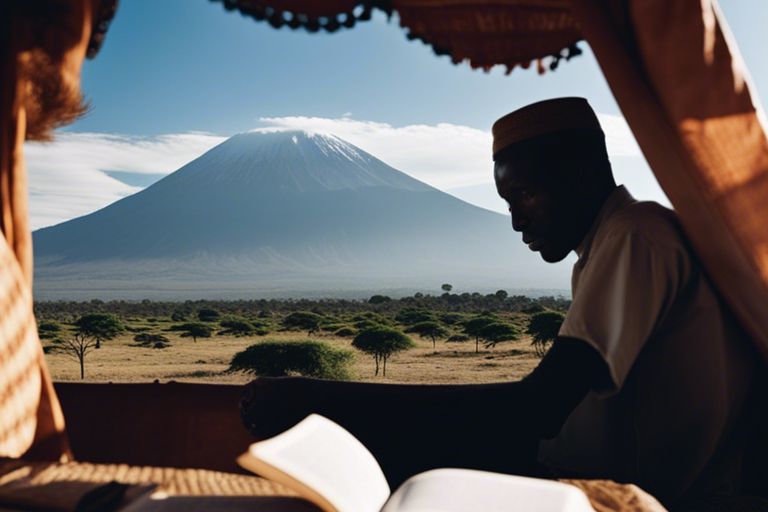
Food and Drink
Unlike the everyday English phrases you might be accustomed to, ordering food and drinks in Swahili can add an extra layer of authenticity to your dining experience in Tanzania. If you want to examine deeper into the local culture, make sure to check out this Best Swahili Phrases for Your East African Adventure guide for some handy expressions.
Ordering Food at a Restaurant
Food plays a significant role in Tanzanian culture, and ordering in Swahili can enhance your dining adventure. When you enter a restaurant, a simple “Nataka chakula” (I want food) can suffice to peruse the menu. If you have dietary preferences or allergies, expressions like “Sina nyama” (I don’t eat meat) or “Nina mzio wa karanga” (I have a peanut allergy) will come in handy.
Trying Local Cuisine
Drink In Tanzania, trying local cuisine is a must for a complete cultural experience. The diverse flavors and aromas of dishes like Ugali (maize porridge) or Nyama Choma (grilled meat) are a treat for your taste buds. Don’t miss out on street food vendors for authentic local delicacies.
Drinking Water and Staying Hydrated
Any Tanzanian adventure requires staying hydrated, especially in the warm climate. While bottled water is widely available and safe to drink, you can also ask for “Maji safi ya kunywa” (clean drinking water) to ensure you stay refreshed throughout your journey.
Understanding the nuances of food and drink etiquette in Tanzania can enrich your travel experience, allowing you to connect with the local culture on a deeper level. Whether you are savoring traditional dishes or quenching your thirst with a cold drink, incorporating Swahili phrases into your culinary escapades will undoubtedly elevate your Tanzanian adventure.
Safety and Emergency
Despite the stunning landscapes and warm hospitality you’ll encounter in Tanzania, it’s important to be aware of potential safety concerns during your adventure. Being informed and prepared can greatly enhance your overall experience while exploring this beautiful country.
Dealing with Scams and Frauds
Any time you travel, there is a possibility of encountering scams or frauds, and Tanzania is no exception. It’s important to remain vigilant and cautious, especially in tourist areas. Be wary of anyone offering unsolicited services or deals that seem too good to be true. Always double-check prices and agreements to avoid falling victim to scams.
Reporting an Emergency
To report an emergency in Tanzania, dial 112 for immediate assistance. It’s important to have this number handy at all times in case you encounter a situation that requires urgent attention. Whether it’s a medical emergency, a safety concern, or any other crisis, don’t hesitate to contact the authorities for help.
This ensures that you receive prompt and adequate support in times of need, enhancing your safety and well-being during your Tanzanian adventure.
Staying Healthy
An important aspect of your travel is staying healthy to fully enjoy your Tanzanian adventure. Make sure to drink plenty of bottled water to stay hydrated in the tropical climate. Additionally, it’s advisable to carry a basic first aid kit with importants such as bandaids, antiseptic wipes, and medications for common ailments.
An Overview of Staying Healthy
To further safeguard your health, consider getting vaccinated against diseases prevalent in Tanzania, such as yellow fever and typhoid. Consult with your healthcare provider before your trip to ensure you have the necessary vaccinations and medications to stay healthy throughout your journey.
Safety and well-being should always be a top priority while traveling, so take the necessary precautions to ensure a memorable and healthy Tanzanian adventure.
Conclusion
So, as you prepare for your Tanzanian adventure, remember that learning Swahili can greatly enhance your experience. By mastering these imperative phrases, you will be able to connect with the locals, navigate your way around, and immerse yourself in the rich culture of Tanzania. Embrace the language and watch as doors open, friendships form, and unforgettable memories are made. Karibu Tanzania! (Welcome to Tanzania!)
With these key phrases in your arsenal, you’ll be well-equipped to communicate and engage with the vibrant people of Tanzania. Whether you’re exploring the bustling markets of Dar es Salaam, launching on a safari in the Serengeti, or relaxing on the pristine beaches of Zanzibar, speaking even a little Swahili will go a long way. So go forth with confidence, an open heart, and a few words of Swahili on your tongue, and let the adventure begin!

